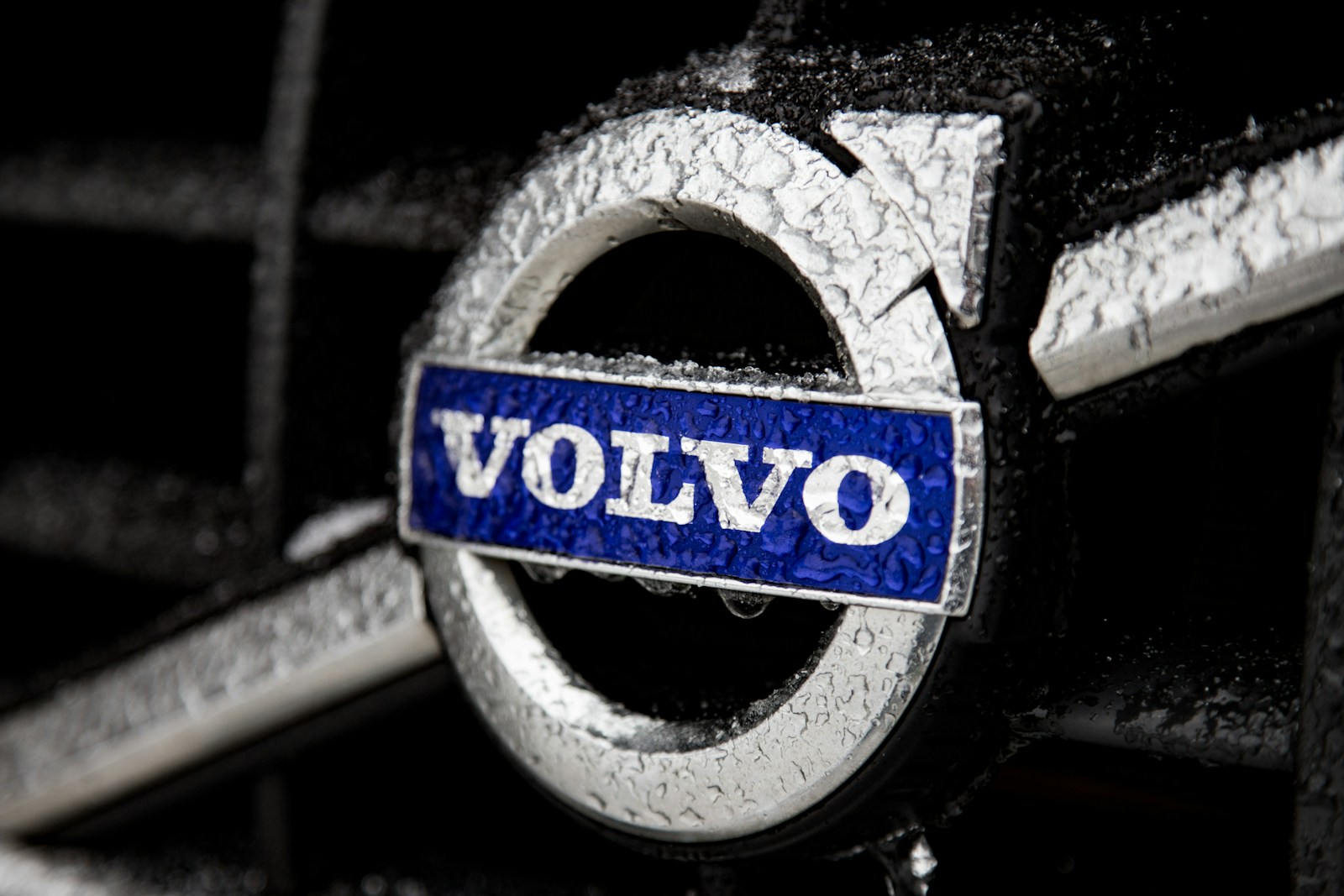Key Takeaways
- Volvo North America faced a Volvo ransomware attack through its IT supplier Miljödata
- Employee names and Social Security numbers were exposed for U.S. and possibly Canadian staff
- The breach shows how third-party providers can be weak links in the auto industry
- Companies need stronger security rules and constant monitoring to prevent future hacks
Volvo North America recently confirmed a Volvo ransomware attack. Hackers broke into Miljödata, a third-party IT supplier. They stole personal information, including employee names and Social Security numbers. The breach may affect staff in the United States and Canada.
Volvo works with many vendors to keep its business running smoothly. However, that network of partners can create weak spots. In this case, hackers found their way into Miljödata’s system. Once inside, they grabbed sensitive data. Then they demanded a ransom to stop leaking the files.
This incident shows that even big companies can suffer from supply-chain threats. Hackers often target smaller firms because they have fewer security defenses. Then they use those connections to reach larger brands.
Why the Volvo Ransomware Attack Mattered
The Volvo ransomware attack highlights how one link in the supply chain can cause big problems. First, employees worry their personal data might be misused. Second, the company’s reputation takes a hit. Finally, it costs money to fix the damage and strengthen security.
Car manufacturers rely on dozens of vendors for software, logistics, and data services. If just one partner falls, the entire network can collapse. Therefore, companies must demand strong security rules from every supplier. They also must watch systems in real time to spot threats fast.
Attackers use common tools to break in. They send phishing emails or exploit unpatched software. Once inside, they encrypt data and lock users out. Then they threaten to publish the stolen files unless a ransom is paid.
What Volvo and Miljödata Are Doing Now
Right after discovering the attack, Volvo and Miljödata took swift steps. They launched an investigation to find out how the breach happened. They also hired outside experts to help secure their systems. Meanwhile, they notified affected employees so those people can monitor their accounts and credit reports.
In addition, Volvo told staff to watch for suspicious emails or calls. Fraudsters may try to use stolen information to trick people. By alerting workers early, the company hopes to reduce any harm.
Still, fixing the damage takes time. Miljödata must rebuild its security framework. It needs to update software, tighten access controls, and train employees on best practices. On the other hand, Volvo must review its vendor policies and risk plans.
Supply-Chain Security in the Auto Industry
The automotive world faces growing cyber threats. Cars now come with Wi-Fi, GPS, and smart systems. While these features offer convenience, they also open new targets for hackers. A breach in one vehicle maker can ripple across the entire sector.
Thus, automakers must shift from a “trust but verify” approach to “zero trust.” In practice, this means:
• Checking every connection, even from trusted partners
• Encrypting data in transit and at rest
• Running regular security audits and drills
• Sharing threat information across the industry
Furthermore, regulators may step in with stricter rules. For example, they could require public reports for any supplier breach. They might also set minimum security standards for software and hardware.
Tips to Protect Personal Data After a Ransomware Attack
Even if you don’t work for Volvo, you can learn from this breach. Here are steps everyone can take:
• Change your passwords regularly. Use strong, unique passwords for each account.
• Enable two-factor authentication. It adds an extra layer of security beyond just a password.
• Monitor your bank and credit reports. Look for unfamiliar charges or loans.
• Beware of phishing scams. Don’t click links or open attachments from unknown senders.
• Freeze your credit if you believe your Social Security number was exposed.
By following these tips, you can reduce the chances of identity theft and financial loss.
What Comes Next for Volvo and the Industry
Moving forward, Volvo will likely strengthen its vendor management program. The company may demand more security certifications from partners. It could also increase real-time monitoring of data flows.
Across the auto sector, firms will watch this case closely. They know that one broken link can affect thousands of employees. Therefore, they may invest more in threat-intelligence tools and staff training.
In the end, the Volvo ransomware attack serves as a wake-up call. It reminds us that security is only as strong as the weakest supplier. If companies work together and share information, they can build a safer digital ecosystem.
Frequently Asked Questions
What exactly happened in the Volvo ransomware attack?
Hackers targeted Miljödata, a third-party IT supplier for Volvo North America. They gained access to employee names and Social Security numbers, then demanded a ransom.
Who is at risk after this breach?
U.S. and possibly Canadian Volvo employees whose data passed through Miljödata are at risk of identity theft and fraud.
How can companies prevent supply-chain attacks?
Firms should require vendors to meet strict security standards, run regular audits, and monitor systems around the clock. Sharing threat alerts across the industry also helps.
What should I do if my data was exposed in a breach?
Change your passwords, enable two-factor authentication, check your credit reports, and consider freezing your credit to stop new accounts from opening in your name.
